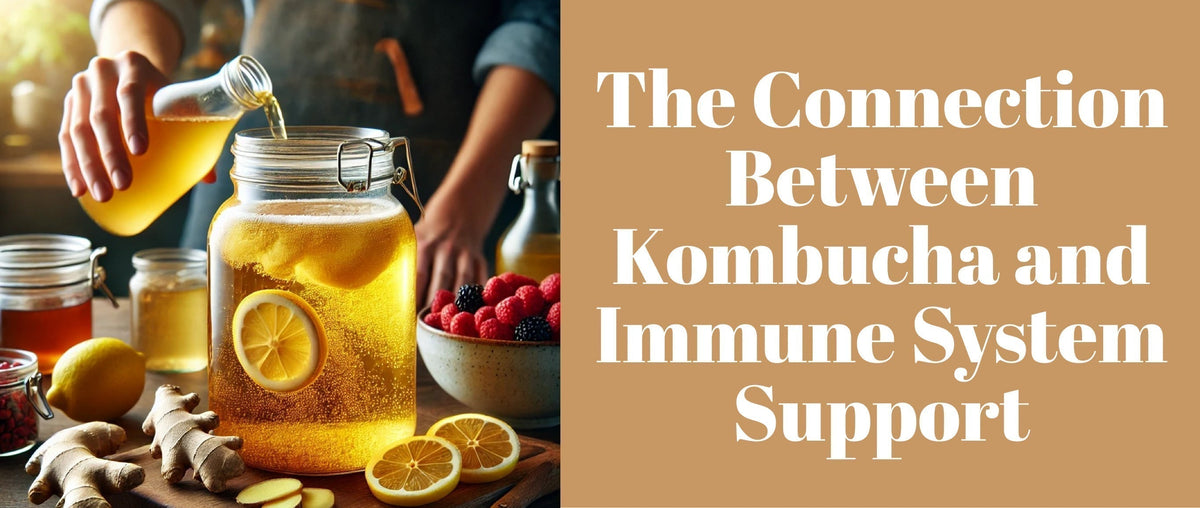How Herbal Teas Can Soothe Your Indigestion Types and Benefits
Digestive discomfort, also known as indigestion, is a common issue that can arise due to poor dietary choices, stress, or underlying health conditions. It often manifests as bloating, nausea, acid reflux, or stomach pain. While medications provide quick relief, herbal teas offer a natural and holistic way to soothe the digestive system.
Many herbal teas contain anti-inflammatory and gut-soothing properties, making them effective in relieving symptoms of indigestion. Additionally, these teas can support a healthy diet by promoting better digestion and overall well-being. Pairing herbal teas with plant-based foods, such as vegan cheese, cashew butter, and oat milk, can further enhance digestive health.
Key Takeaways
- Herbal teas provide a natural remedy for indigestion without side effects.
- Different teas help with various digestive concerns, from bloating to acid reflux.
- These teas also offer other health benefits, such as reducing stress and improving gut health.
Causes and Symptoms of Indigestion
Common Causes of Indigestion
- Poor Diet Choices – Fried, spicy, or processed foods can trigger indigestion. Replace them with cholesterol-free foods like vegan butter and low-fat mayonnaise.
- Overeating – Large meals strain the digestive system.
- Eating Too Quickly – Poor chewing leads to bloating and discomfort.
- Stress and Anxiety – Can negatively impact digestion and cause acid reflux.
- Excessive Caffeine or Alcohol – Irritate the stomach lining and lead to heartburn.
- Food Intolerances – Dairy intolerance can be eased by alternatives like oat milk.
Common Symptoms of Indigestion
- Bloating and Gas – Feeling full or excessive burping.
- Nausea – Discomfort in the stomach, possibly leading to vomiting.
- Heartburn – Burning sensation in the chest from acid reflux.
- Abdominal Pain – Discomfort in the upper stomach.
- Unpleasant Taste – Sour or bitter taste due to acid reflux.
Incorporating herbal teas into your routine and a heart-healthy diet can naturally ease these symptoms. Pair with high-protein vegan food options like cheddar cheese and plant-based protein for added benefits.

How Herbal Teas Aid Digestion
Herbal teas are natural remedies that promote digestion and relieve stomach discomfort by targeting the root causes.
1. Relaxing Gastrointestinal Muscles
Peppermint tea contains compounds that relax digestive tract muscles, helping with bloating. Pair with cashew butter and vegan cheese.
2. Reducing Inflammation
Ginger and chamomile teas soothe the stomach lining and reduce acid reflux irritation.
3. Stimulating Bile Production
Dandelion tea promotes bile production to enhance fat digestion—especially helpful on a plant-based diet.
4. Acting as Natural Carminatives
Fennel tea reduces gas and bloating, and pairs well with high-protein vegan breakfasts like oat milk smoothies.
Top Herbal Teas for Indigestion
1. Peppermint Tea
- Benefits: Contains menthol, reduces bloating, gas, and nausea. Helpful for IBS.
- Preparation: Steep peppermint leaves or tea bag in hot water for 5-10 minutes. Add honey or lemon if desired.
2. Ginger Tea
- Benefits: Stimulates digestive enzymes, reduces nausea and cramps, supports gut motility.
- Preparation: Boil sliced ginger for 10-15 minutes. Strain and add lemon or honey.
3. Chamomile Tea
- Benefits: Anti-inflammatory, soothes gas, reflux, and promotes sleep and relaxation.
- Preparation: Steep chamomile flowers or tea bag for 5 minutes. Best before meals or bedtime.
4. Fennel Tea
- Benefits: Carminative properties reduce gas, help with reflux, and support gut health.
- Preparation: Crush 1 tbsp fennel seeds and steep for 5-7 minutes. Strain and drink post-meals.
5. Licorice Root Tea
- Benefits: Boosts mucus production, protects stomach lining, reduces heartburn.
- Preparation: Steep licorice root for 5-10 minutes. Use in moderation due to potential blood pressure effects.
6. Holy Basil (Tulsi) Tea
- Benefits: Reduces stress-related digestion issues, anti-ulcer properties, supports vegan bodybuilding diet.
- Preparation: Steep fresh or dried tulsi leaves for 5-7 minutes. Best after meals.
Best Practices for Drinking Herbal Tea for Digestion
To maximize the digestive benefits of herbal teas, it's important to follow the right brewing techniques and consumption habits. Here are some key practices to get the most out of your healthy drinks:
1. Drink Herbal Tea After Meals
- Drinking herbal tea 30 minutes after a meal helps the stomach break down food efficiently.
- Pair it with heart-healthy diet choices like whole grains, low-fat mayonnaise, and fiber-rich vegetables.
2. Use Fresh or High-Quality Ingredients
- Always choose organic, caffeine-free herbal teas to avoid artificial additives.
- Fresh herbs like ginger, peppermint, and fennel provide the best results.
3. Avoid Adding Excess Sugar
- Sweeteners like honey, maple syrup, or stevia are better options than refined sugar.
- If needed, pair the tea with a healthy snack like cashew butter on whole-grain toast.
4. Drink Warm, Not Piping Hot
- Extremely hot drinks may irritate the esophagus, worsening acid reflux.
- Lukewarm herbal teas are best for soothing the stomach.
5. Pair Herbal Teas with a Balanced Diet
- Herbal teas work best when paired with a plant-based diet that includes vegan cheese, oat milk, and plant-based protein sources.
Also Read
Additional Lifestyle Tips for Better Digestion
Along with drinking herbal teas, making simple lifestyle adjustments can enhance digestion and prevent indigestion.
1. Eat Slowly and Mindfully
- Chewing food properly allows digestive enzymes to break down food efficiently.
- Avoid distractions like TV or mobile screens while eating.
2. Follow a Fiber-Rich Diet
- Fiber aids digestion and prevents constipation.
- Include plant-based foods like oat milk, vegetables, and whole grains.
3. Avoid Trigger Foods
- Fatty, fried, and processed foods can cause bloating and acid reflux.
- Opt for cholesterol-free foods, such as vegan butter and cashew butter.
4. Stay Hydrated with Herbal Teas & Kombucha
- Kombucha is a fermented tea rich in probiotics, which support gut health.
- Alternating between kombucha and herbal teas helps maintain a healthy gut microbiome.
5. Get Enough Physical Activity
- Gentle movements, like yoga and walking after meals, improve digestion.
- Certain yoga poses, such as the Wind-Relieving Pose, help release gas and reduce bloating.
Conclusion
Indigestion can be uncomfortable, but nature provides a gentle and effective solution through herbal teas. These healthy drinks offer natural relief by soothing the digestive tract, reducing inflammation, and improving gut function.
Pairing herbal teas with a plant-based diet that includes vegan cheese, cashew butter, oat milk, and plant-based protein can further enhance digestive health. Whether you’re looking for a post-meal digestive aid or a natural way to manage acid reflux, incorporating these teas into your routine can make a significant difference.
For long-term gut health, combine herbal teas with a cholesterol-free diet, kombucha, and a heart-healthy lifestyle. Small changes can lead to big improvements in digestion and overall well-being!
Do you enjoy vegan food? We have a list of vegan restaurants in India to help you find delicious options in your area!










